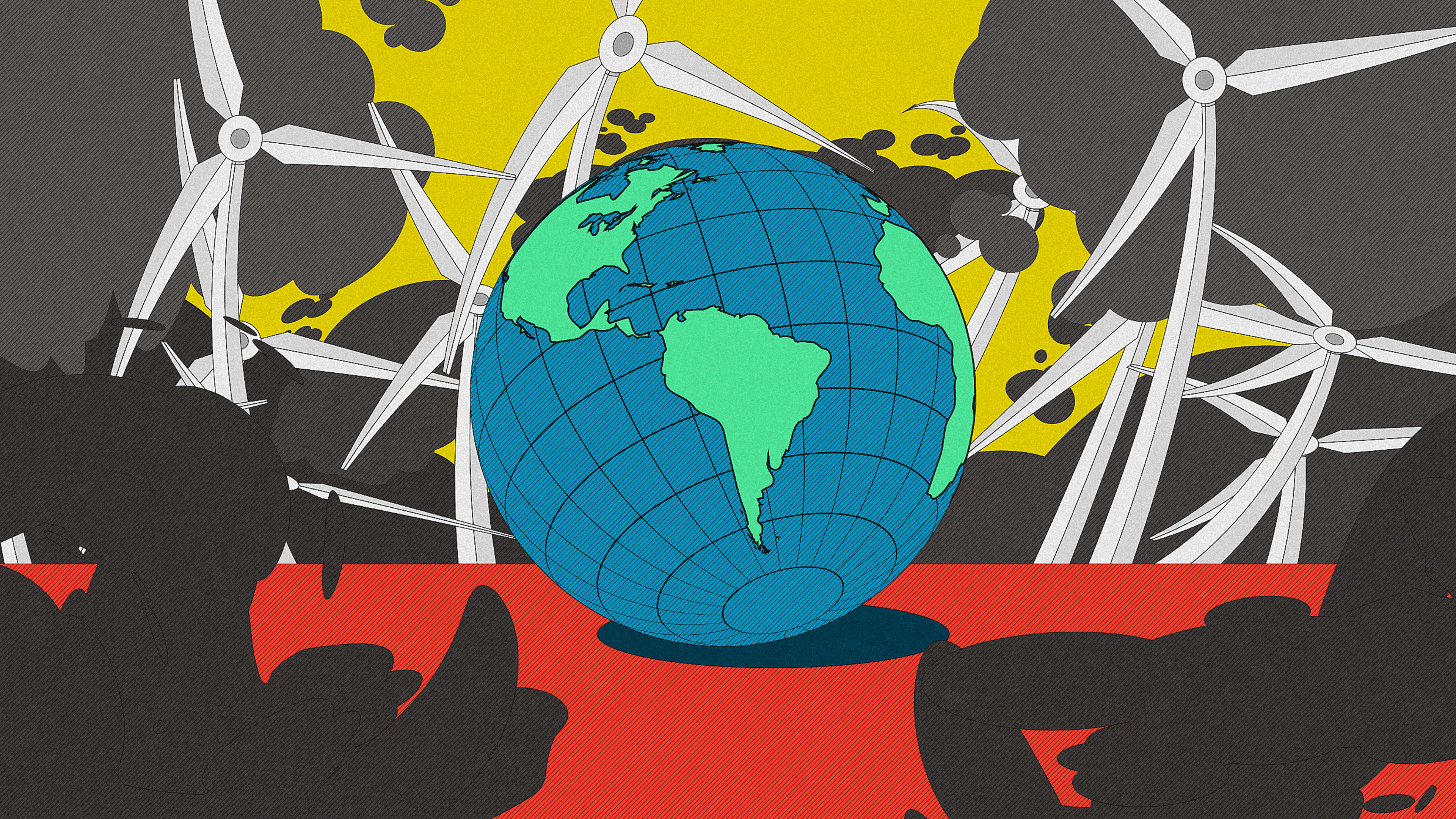Over the past year and a half, we’ve seen corporations across the globe— including the nations in which they operate—lose sight of previous climate goals. For example, in 2021, coal-fired energy rose by 8%, largely driven by countries trying to rebuild their economies in the aftermath of the pandemic and the subsequent energy demand that allowed fossil fuels to fill a void in global energy markets.
There is an opportunity for organizations to again consider efforts to combat climate change and make more focused commitments to curb emissions and end practices that harm our planet.
These commitments must not be defined by fledgling or one-off environmental actions and although lofty goal-setting is alright and welcome, specific actions with viable outcomes are what’s needed to save the planet. Multifaceted approaches that impact every aspect of a business’s operation and the communities in which it operates are what is required to meet climate goals.
This must be a collaborative effort between the advanced Western economies and companies in the Global North and their corporate partners in the Global South, which is considered the most vulnerable to climate change and disasters.
Emerging countries have ideas and solutions that deserve a more prominent place in the global energy dialogue on climate. For example, India, which is the world’s second largest producer of coal, is also one of the leading countries when it comes to renewable energy solutions, and it’s the country with the fourth most gigawatt-scale capacity in the world. According to the International Energy Agency, India has the fastest renewable energy growth rate of any major country.
However, emerging markets currently account for 85% of global CO2 emissions. As countries like India carve out even larger roles within the global economy, it is essential for Global North corporates to partner with their counterparts in the Global South to decarbonize the climate at a global level.
Over the past year, my company ReNew—a global renewable energy company based in India—has teamed up with numerous like-minded organizations such as Amazon and Microsoft to integrate renewable energy into their daily business operations and support their paths to carbon neutrality.
Organizations, with the support of renewable solutions providers, need to address sustainability at all levels of their operations from water usage to packaging, logistics, energy generation, and even employment opportunities.
Desired results will not and cannot be achieved until a holistic approach is applied across entire organizations, and at a global scale.
The path towards a more sustainable future isn’t just about environmental considerations. While this is a central part of companies’ decarbonization and sustainability initiatives, such paths must also place an equal focus on people, and we must ensure that the green energy transition is an equitable one for all populations, especially those most vulnerable to climate change.
For example, Project Surya which is part of ReNew’s efforts towards an equitable transition trained 1,000 low-income female salt-pan workers to take up jobs in the renewable energy industry. Under the Project Surya initiative, female salt-pan workers, who are faced with extreme working conditions and the temperatures of India’s Rann of Kutch marshes, were trained as solar panel and solar-pump technicians at Dhokavada village in the Patan district of Gujarat, providing them with higher pay, safer working conditions, and a path towards socio-economic mobility.
Companies can take this example as a template for saving the planet by ensuring shared well-being for everyone, all of which can be achieved through fully integrated and holistic approaches to climate change solutions.
Despite efforts made by organizations around the world that address both environmental and social climate goals, there is much work that needs to be done to meet the world’s ambitious, yet needed, climate goals, especially in emerging markets and the Global South.
Western companies in advanced economies must be willing to partner with organizations in emerging countries in ways that go beyond simple and sometimes ambiguous pledges that are conveniently made on days such as Earth Day.
These efforts need to provide verifiable and direct, data-driven actions that can be adopted to combat environmental threats and the social impact of such threats. This year, let’s make a global commitment to an equitable green energy transition that starts with our planet’s greatest asset: people.
Vaishali Sinha is the cofounder and chair of sustainability at ReNew.
Recognize your brand’s excellence by applying to this year’s Brands That Matter Awards before the early-rate deadline, May 3.
